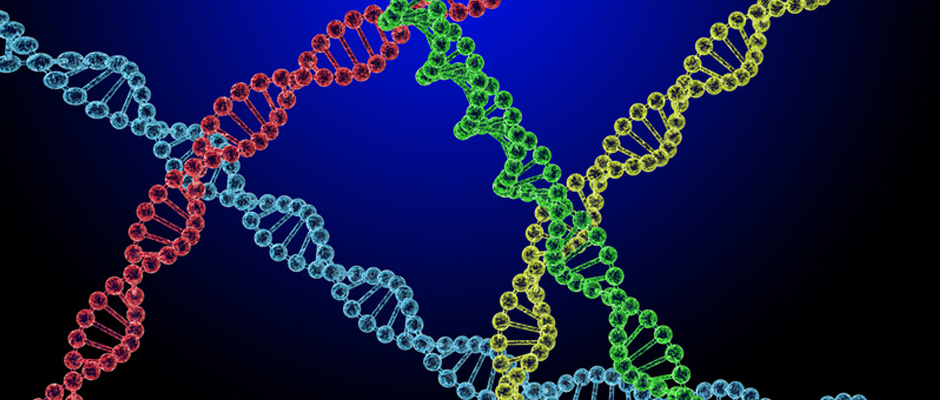"N-myc Downstream-Regulated Gene 1" and Endometriosis.
Feb 23, 2018
NDRG1 might reduce cell proliferation, invasion, and migration of endometriosis.
Key Points
Highlight:
- NDRG1 (N-myc downstream-regulated gene 1) might reduce cell proliferation, invasion, and migration of endometriosis.
Aim:
- To focus on the potential function of NDRG1 in endometriosis, this group summarized the relationship between NDRG1 and endometriosis.
Key points:
- NDRG1 is identified as an inhibitor of critical signaling pathways.
- NDRG1 modulates key signaling pathways that play essential roles in endometriosis; such as:
- NF-κB path (activates peritoneal macrophages that promote the invasion and adhesion of endometrial cells); also fosters inflammation which is a key characteristic of endometriosis. Inhibition of this pathway reduces DNA synthesis and the size of endometriotic lesions.
- PI3K/AKT/mTOR pathway activation inhibits cell apoptosis and reduces the number of endometriotic cells in vivo and in vitro. It is known that phosphorylated AKT is higher in the ectopic and eutopic endometrial cells of women with endometriosis than in healthy women.
- Ras/Raf/MEK/ERK pathway is activated in endometrial stromal and epithelial cells in women with endometriosis. Inhibition reduces endometriosis cell proliferation.
- Wnt/β-catenin signal pathway target genes are associated with cell adhesion and proliferation.
Limitations:
- It is essential to investigate the difference of NDRG1 expression in the normal (eutopic) endometrium and ectopic endometriosis for the same patient.
- More researchers on the function of NDRG1 in endometrial cell proliferation, invasion, and vascularization are required in the future.
Lay Summary
NDRG1 is implicated in many different cellular functions such as differentiation, proliferation, migration, invasion, and vascularization.
In endometriosis, NDRG1 is identified as an inhibitor of several important pathways. To focus on the potential function of NDRG1 in endometriosis, Lou et al., from Department of Obstetrics and Gynecology, Capital Medical University, Beijing, China, summarized the relationship between NDRG1 and endometriosis.
In the process of tumorigenesis, NDRG1 modulates key signaling pathways, such as NF-κB, PI3K/AKT/mTOR, Ras/Raf/MEK/ERK, and Wnt/β-catenin signal pathway.
NF-κB pathway activates peritoneal macrophages that promote the invasion and adhesion of endometrial cells. It also fosters inflammation which is a key characteristic of endometriosis.
In endometriosis patients, the PI3K and Ras pathways are highly activated. Inhibition of these pathways reduces cell proliferation suggesting their important roles in endometriosis. Lastly, Wnt pathway is associated with cell adhesion and proliferation in endometriosis.
However, the NDRG1 expression in the normal endometrium, eutopic and ectopic endometriosis has not been measured yet. Therefore, in addition to the NDRG1 expression study, more research on the function of NDRG1 in endometrial cell proliferation, invasion, and vascularization are highly required in the future.
Research Source: https://www.ncbi.nlm.nih.gov/pubmed/29283328
NDRG1(N-myc downstream-regulated gene 1) endometriosis signal pathway therapy target

